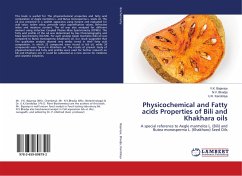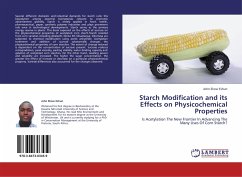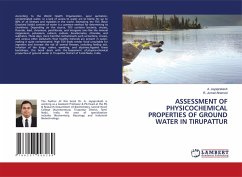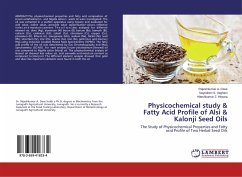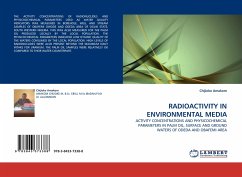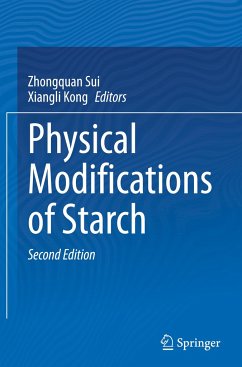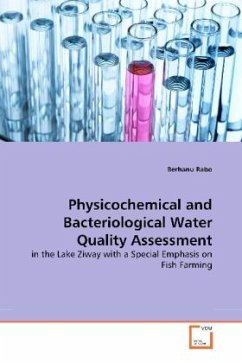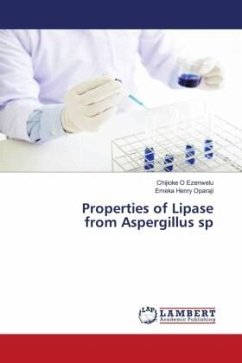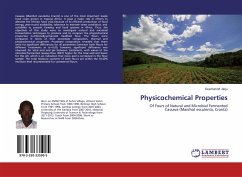
Physicochemical Properties
Of Fours of Natural and Microbial Fermented Cassava (Manihot esculenta, Crantz)
Versandkostenfrei!
Versandfertig in 6-10 Tagen
27,99 €
inkl. MwSt.

PAYBACK Punkte
14 °P sammeln!
Cassava (Manihot esculenta Crantz) is one of the most important staple food crops grown in tropical Africa. It plays a major role in efforts to alleviate the African food crisis because of its efficient production of food energy, year-round availability, tolerance to extreme stress conditions, and suitability to present farming and food systems in Africa. Thus, the objectives of this study were to investigate natural and microbial fermentation techniques to produce and to compare the physiochemical properties nutritionally-enhanced modified flour. The flours were compared in terms of their pro...
Cassava (Manihot esculenta Crantz) is one of the most important staple food crops grown in tropical Africa. It plays a major role in efforts to alleviate the African food crisis because of its efficient production of food energy, year-round availability, tolerance to extreme stress conditions, and suitability to present farming and food systems in Africa. Thus, the objectives of this study were to investigate natural and microbial fermentation techniques to produce and to compare the physiochemical properties nutritionally-enhanced modified flour. The flours were compared in terms of their proximate composition, thermal and physicochemical properties. Proximate composition revealed that there were no significant differences for all parameters between both flours for different treatments at =0.05; however, significant difference was observed for total acid and pH between treatments, with values of the microbial fermented cassava flour (MFC) higher for the total acid and lower for the pH, which is an indication that more acid is contained in the flour sample. The total moisture contents of both flours are within the 10-20% moisture level recommended for commercial flours.



